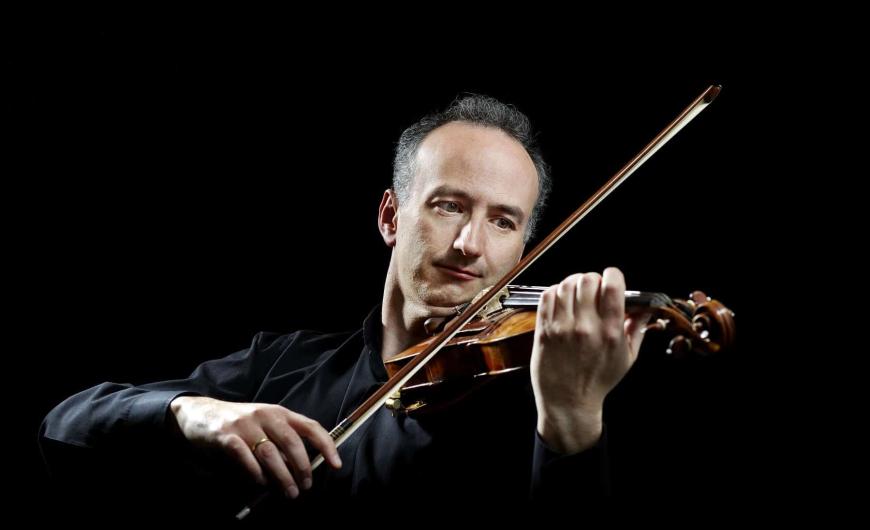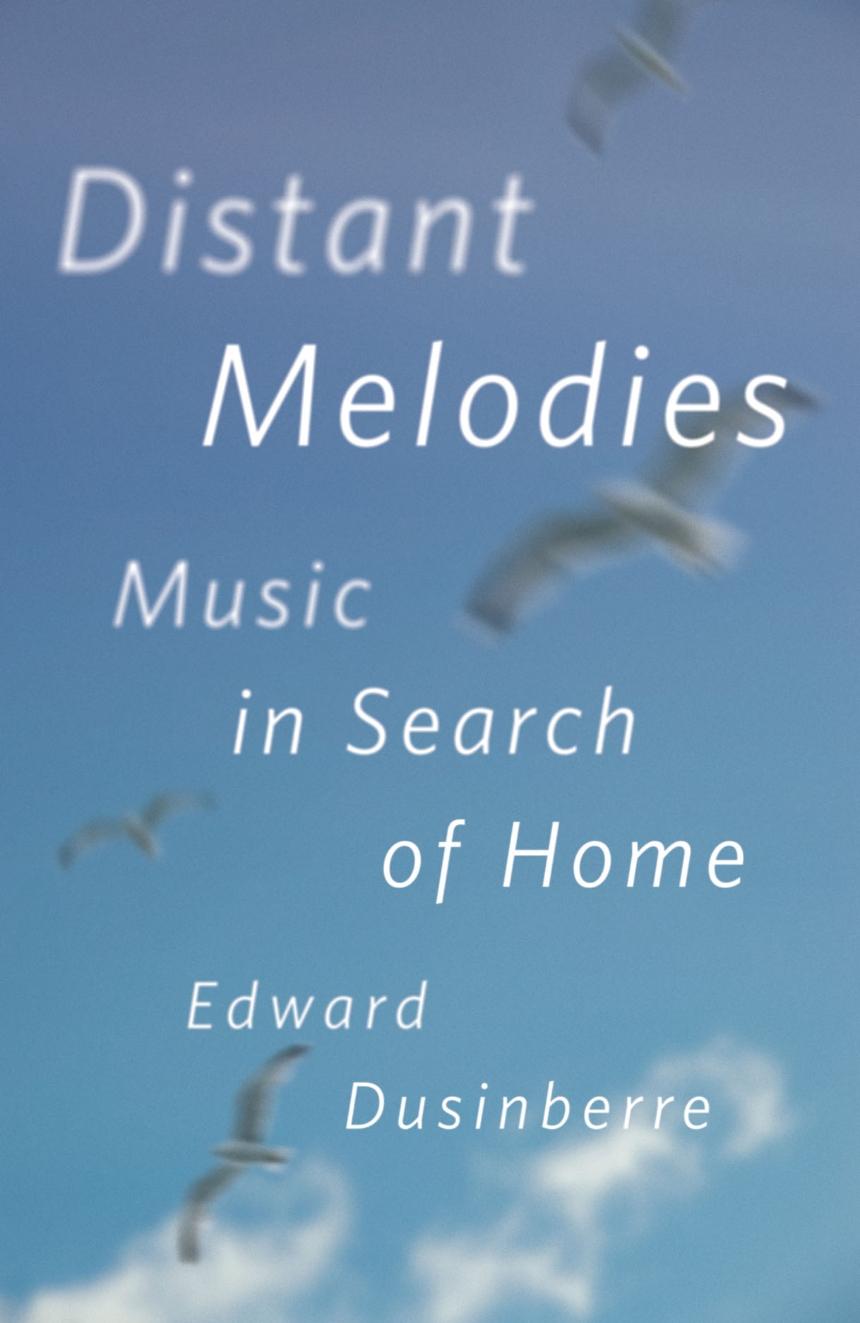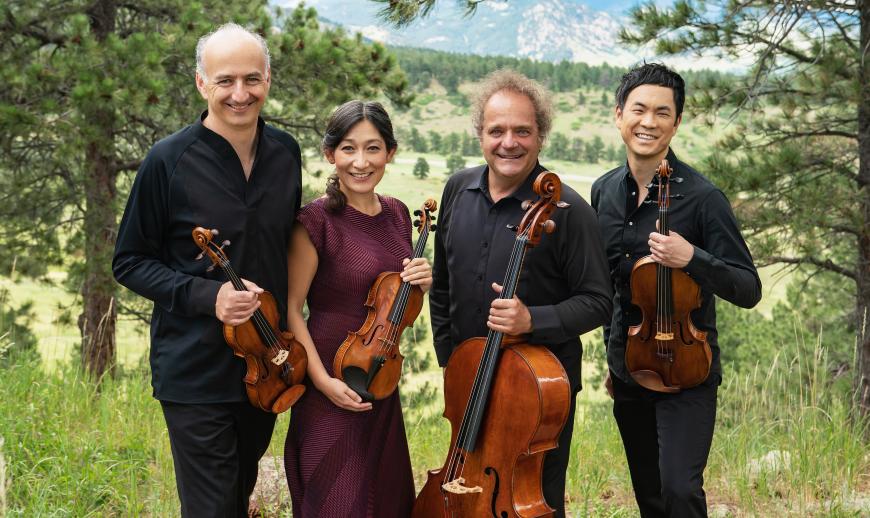
Music has an uncanny ability to conjure up memories. Melodies from the past can evoke a vivid sense of time and place, seeming to transport us instantly back to where we first heard them. The effect can be especially poignant when we have traveled a great distance — when we hear a song from our childhood or a local tune from a land long departed.
These ideas have been around a long time. “Nostalgia,” which comes from the Greek words nostos (homecoming) and algos (pain), was used since the 17th century to describe a medical ailment suffered by soldiers far from home. Nostalgia was considered an illness well into the 19th century, when it took on associations of Romantic longing. Nostalgia and exile were major themes for expatriate authors of the 20th century and more recently with the scholar and critic Edward Said, for whom the dissonance between his Arab upbringing and Western music and literature placed “departures, arrivals, farewells, exile, nostalgia, homesickness, belonging, and travel itself” at the heart of his writings.

The relationship between music and nostalgia has been given a new gloss by Edward Dusinberre, first violinist of the peerless Takács Quartet. His latest book, Distant Melodies: Music in Search of Home, explores these Saidian themes of displacement and memory through his own experiences moving from England to America as a young violinist, intertwined with biographical accounts of Edward Elgar, Antonín Dvořák, Béla Bartók, and Benjamin Britten — composers whose music was deeply tied to a sense of place. Elgar is close to being Britain’s national composer, his music characterizing, but also circumscribed by, its country of origin. Dvořák, Bartók, and Britten, on the other hand, all left their European homes to pursue creative projects in America.
Dusinberre, who had a characteristically English upbringing in Cambridgeshire and moved to New York to study at The Juilliard School, was the first non-Hungarian member of the Takács Quartet, now based in Boulder, Colorado. Of the Quartet’s founding Hungarian members, only András Fejér, the cellist, remains, and the ensemble has hired two new American members since 2018: second violinist Harumi Rhodes and violist Richard O’Neill.
In his book, Dusinberre describes the Quartet’s struggle to maintain a cohesive identity while incorporating its new members as a journey to “accommodate a lively dialogue between past interpretations and new ideas,” explaining that the once characteristically Hungarian ensemble has evolved into more of a patchwork, a “varied yet unified quilt, national stereotypes of little value within the group.”
We get lots of insider details, like how the Quartet auditioned members in trial concerts, passed down sheet music to ensure continuity, and battled to keep up a rehearsal and performance schedule amid the COVID-19 pandemic. Dusinberre shows how the sausage is made; he recounts how ideas are suggested and tested in rehearsal, insisting on the status of a string quartet not just as an ensemble of instruments but as an interplay of individuals working out their ideas in real time.

These themes were on display in a recent recital by the Takács at Cal Performances. The ensemble performed a more conventional program of Haydn, Fanny Mendelssohn, and Beethoven in December, but they returned in late January to showcase pieces by Britten, Bartók, and Dvořák, with Dusinberre delivering spoken remarks on themes from his book. With its two new members, the Quartet presented its fresh sound, decidedly cleaner and more refined than the gritty peat of its Hungarian days. The performance of Britten’s String Quartet No. 1 was the most impressive, with rollicking propulsion and magnetic interplay between the four musicians. The Bartók, surprisingly, felt slightly cold; while the lyrical sections were tender, a controlled approach seemed to reign in the composition’s harsher moments.
As much as he succeeds in drawing parallels between these composers’ lives and the present, Dusinberre papers over historical cracks in the service of an untenable universalism, an almost triumphal confidence in music’s ability to “transcend any particular place or time, emerging from sadness to offer the hope of cooperation, both immediate and out of reach.” The Takács Quartet has made its reputation playing great masterpieces of the string quartet repertoire, but it can’t hang its hat on a sentimental nostalgia.
Dusinberre is a fine writer, his close readings of musical moments often bursting with rich metaphor, as when he describes a march in a Bartók quartet as “a soldier struggling to maintain balance as he lurche[s] from one foot to the other.” But when it comes to what the music means, his analyses are too insistently biographical. A favorite melody in Bartók, marked Più dolce, lontano (more sweetly, at a distance), is read as “an idea that Bartók imagined against a background of advancing chaos and horror. ... Bartók sought to protect his musical ideas from the terrifying din of the outside world.”
But we can’t shut out the din, not anymore. Even as he exposes the day-to-day routines that facilitate musical creativity, Dusinberre never quite shakes the mistaken idea that music is a privileged form of expression passed from composer to performer, whose job it is to uncover the truth in the text; these are the last dregs of Romanticism. Classical music continues to be obsessed with its own past. What can be said of its future?


